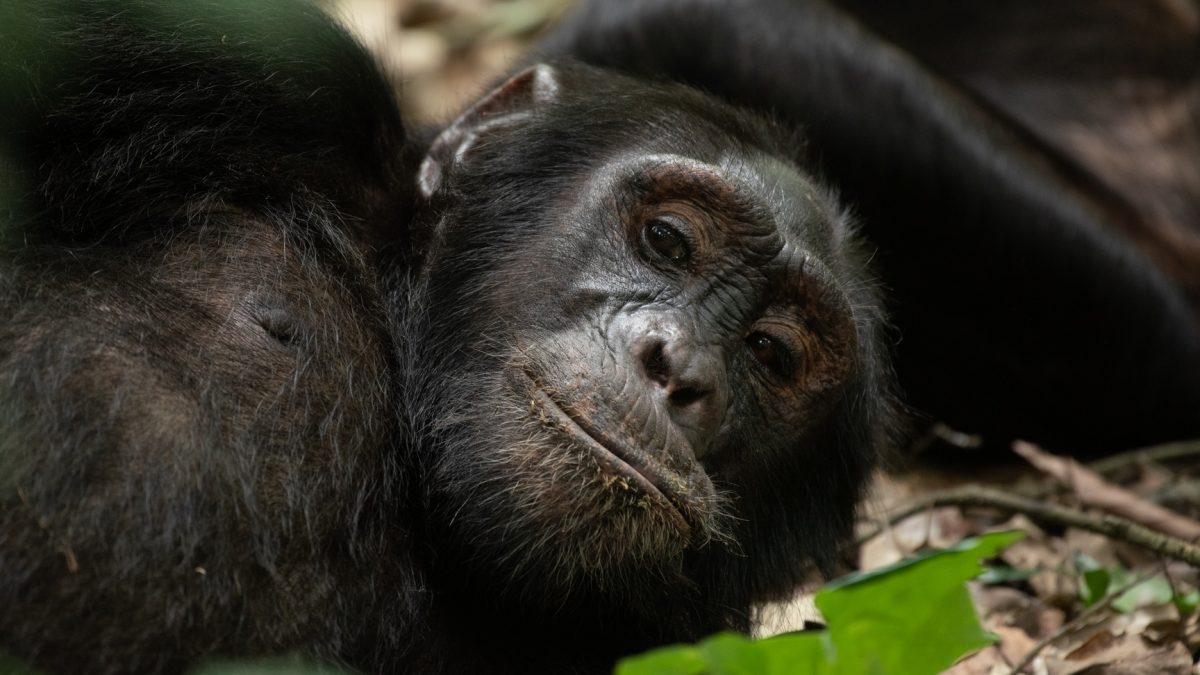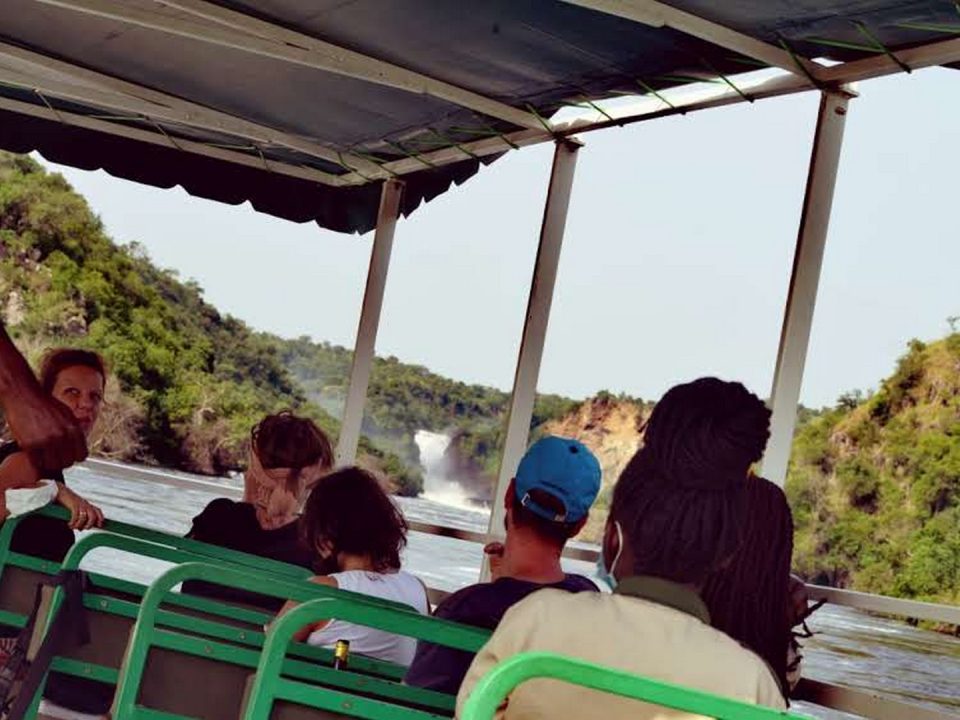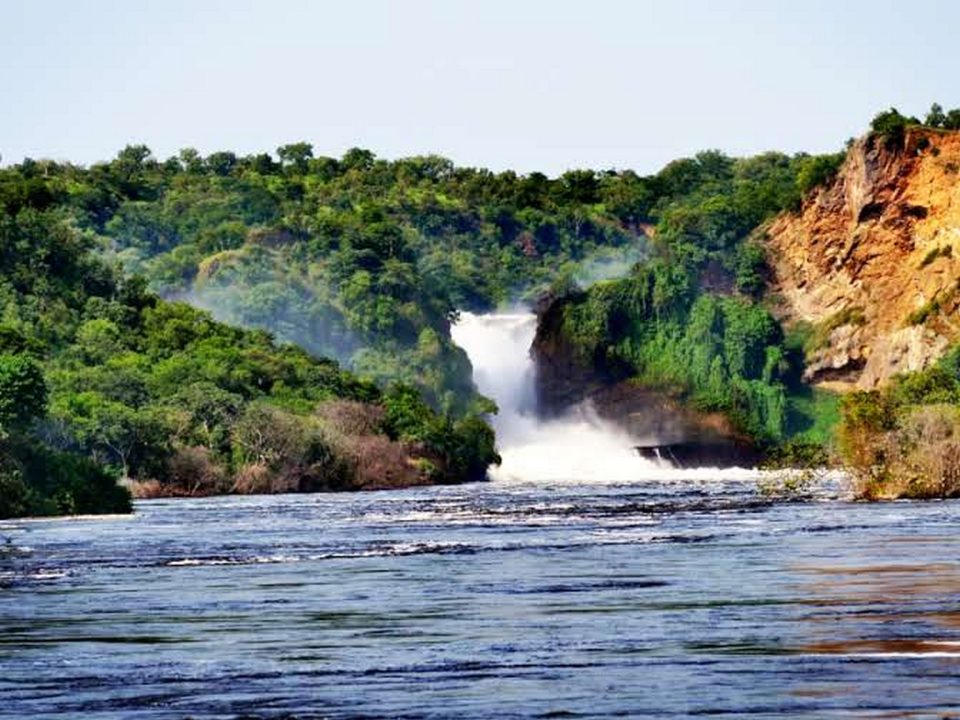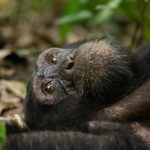
What Wildlife Can I See While Chimpanzee Tracking in Rwanda?
March 19, 2025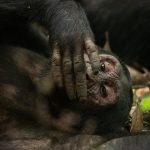
What Happens If I Don’t See Any Chimpanzees During My Tracking Session?
March 19, 2025Is Chimpanzee Tracking in Rwanda Suitable for Children?
Is Chimpanzee Tracking in Rwanda Suitable for Children? Chimpanzee tracking in Rwanda is one of the most thrilling wildlife experiences in Africa, offering a chance to observe chimpanzees in their natural habitat within the lush forests of Nyungwe Forest National Park and Gishwati-Mukura National Park. While it is an adventure suited to wildlife enthusiasts of all ages, many families wonder if chimpanzee tracking is suitable for children. This guide will explore the various factors involved in chimpanzee tracking and provide valuable insights on whether children can enjoy and safely participate in this extraordinary experience.
Age Restrictions for Chimpanzee Tracking in Rwanda
The first factor to consider when determining if chimpanzee tracking is suitable for children is the official age restriction set by Rwanda’s park authorities. Generally, chimpanzee tracking in Rwanda is restricted to individuals aged 15 and above, which is a guideline put in place to ensure the safety of both the visitors and the wildlife. The reasoning behind this restriction includes the challenging nature of the trek, the potential for the trek to be strenuous, and the need for visitors to follow strict rules for wildlife observation.
This age limit is enforced by Rwanda’s Rwanda Development Board (RDB) to prevent disturbances to the chimpanzees and to ensure the safety of trekkers. Children younger than 15 are not allowed to participate in chimpanzee tracking activities in the designated parks, which include Nyungwe Forest and Gishwati-Mukura National Park.
Challenges of Chimpanzee Tracking for Younger Children
While Rwanda offers a fantastic variety of family-friendly activities, chimpanzee tracking can present certain challenges for younger children. These challenges include:
Physical Demands of the Trek
Chimpanzee tracking involves walking through dense forests, sometimes on steep, muddy, and uneven trails. The treks can be physically demanding, requiring a level of stamina and fitness that may be too much for younger children. The average trek takes 2 to 4 hours, though it may take longer depending on the location of the chimpanzees. The terrain can be rugged, and there may be stretches where visitors need to climb uphill or navigate through thick vegetation.
This makes chimpanzee tracking a more suitable activity for older children or teenagers who are accustomed to outdoor activities and are in good physical condition. For younger children, the trek can be tiring and could lead to discomfort or even safety concerns in certain areas of the forest.
Limited Attention Span
Another factor to consider is the attention span and interest of younger children. While children may be excited at the thought of seeing chimpanzees, the trek itself can be long and may require patience. Children, especially those who are younger than 10 years old, might find it difficult to maintain focus and interest during the hours of walking in the forest. The actual sighting of the chimpanzees, which can take anywhere from 1 to 2 hours after beginning the trek, may also seem like a long wait for children who are not used to long nature walks.
Moreover, chimpanzee sightings are not guaranteed, and the chimpanzees may not always be visible. Some children may struggle to remain patient if they do not get the opportunity to see the animals.
Safety Concerns
While chimpanzees are generally not aggressive, they are wild animals and should be respected at all times. Young children may not fully understand the importance of maintaining a safe distance from the chimpanzees and following the park rules. Chimpanzees can be unpredictable, and their behavior may sometimes change when they feel threatened or disturbed. It is important to note that only experienced, professional guides are allowed to lead the chimpanzee treks, and they provide strict instructions on how to behave in the presence of the animals.
In addition to chimpanzees, the forest environment itself can pose risks. The terrain is often slippery and uneven, and children who are not accustomed to hiking may be at risk of tripping, falling, or becoming separated from the group. The guide’s role is to keep everyone safe, but younger children may need more attention and supervision.
Alternatives to Chimpanzee Tracking for Children
For families traveling with younger children who are not yet old enough to participate in chimpanzee tracking, there are several alternative activities in Rwanda that provide incredible wildlife experiences suitable for children. These alternatives can still offer an exciting and educational experience while ensuring the safety and comfort of the entire family.
Visit to a Primate Rehabilitation Center
Instead of tracking chimpanzees in the wild, families can visit one of Rwanda’s primate rehabilitation centers, such as the Karisoke Research Center in Volcanoes National Park. While this is not a wild tracking experience, these centers allow visitors, including children, to learn about the conservation efforts being made for primates like chimpanzees and gorillas.
Cultural Visits and Activities
Rwanda is a country with a rich cultural heritage, and many family-friendly activities are available that allow children to experience the local culture. Visits to local villages or community projects can provide children with the chance to learn about Rwanda’s history, traditions, and people in a more interactive and relaxed setting.
Wildlife Safaris in Rwanda’s National Parks
If your family is interested in wildlife, but chimpanzee tracking is not suitable for the children, consider visiting Rwanda’s Akagera National Park, which is home to a variety of wildlife, including elephants, giraffes, lions, zebras, and numerous antelope species. Safari drives in Akagera provide a more comfortable and child-friendly alternative to trekking, and the park offers opportunities for children to see wildlife from the safety of a vehicle, making it an excellent family safari destination.
Preparing Older Children for Chimpanzee Tracking
For families with older children, typically teenagers, chimpanzee tracking can be an exciting and enriching experience. Here are a few tips for preparing your child for the trek:
Physical Preparation
Encourage older children to get in shape before the trip. While the trek does not require advanced hiking skills, it is helpful to practice walking on uneven terrain or even going on shorter nature hikes to build endurance. This will make the trek more enjoyable and ensure they are prepared for the physical demands of the activity.
Educating Children on Wildlife Conservation
Before heading out, educate your children on the importance of wildlife conservation, especially with regard to endangered species like chimpanzees. Understanding the significance of their actions in preserving habitats and respecting animals in the wild can deepen the educational value of the experience.
Equip Them with the Right Gear
Make sure your children have the right clothing and gear for the trek. Comfortable, moisture-wicking clothing, sturdy shoes for hiking, and rain gear are essential, as the weather in the forest can be unpredictable. Equip them with essentials such as water, snacks, and a camera to make the experience more enjoyable.
Conclusion: Is Chimpanzee Tracking Suitable for Children?
Chimpanzee tracking in Rwanda is not suitable for children under the age of 15 due to the physical demands of the trek and the age restrictions set by park authorities. However, for older children and teenagers, chimpanzee tracking can be a thrilling and educational experience. While younger children may face challenges such as fatigue and limited attention span, there are plenty of family-friendly alternatives in Rwanda that offer incredible wildlife experiences.
At Deks Safaris & Tours Ltd., we are happy to tailor an itinerary that ensures both children and adults have a memorable and enjoyable experience in Rwanda’s remarkable national parks. Whether it’s chimpanzee tracking, cultural visits, or wildlife safaris, there’s something for every family in Rwanda. Let us help you plan your family adventure today!

